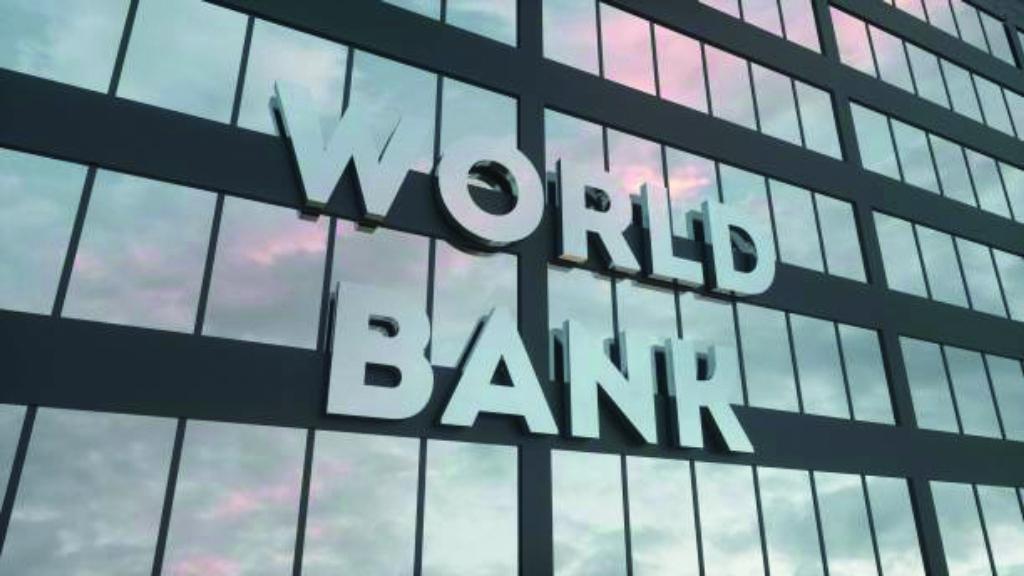Africa-Press – Cape verde. Cabo Verde’s real gross domestic product (GDP) grew by 7.3% in 2024, driven by tourism and a moderate recovery in agriculture. Meanwhile, the World Bank’s latest edition of the Cabo Verde Economic Update 2025 anticipates a slowdown in the economy in 2025, with growth forecast at 5.9%.
The report, titled “Unlocking Women’s Economic Potential,” paints a positive picture of the country’s economic recovery, highlighting improved macroeconomic management, a reduction in the debt ratio and a reduction in poverty to 14.4 percent (based on the 2017 poverty line of $3.65 per day, at purchasing power parity).
Inflation fell to 1%, the lowest level in recent years, and the current account registered a surplus for the first time in four years.
However, the World Bank stresses that transforming this recovery into lasting and inclusive prosperity requires profound reforms.
“Cabo Verde’s recovery is a testament to the resilience of its people and institutions. But to turn this recovery into lasting and inclusive prosperity, bold reforms are needed – in particular, to improve the governance of public enterprises, support women’s economic participation, and diversify the economy,” said Indira Campos, World Bank Resident Representative in the country, quoted in the statement.
The report highlights that global risks – such as volatility in commodity prices and the impacts of climate change – could affect the pace of growth and the progress of reforms.
The publication also dedicates a special section to the economic potential of Cape Verdean women, highlighting that eliminating gender inequalities in the labor market could increase national GDP by up to 12.2% in the long term.
To this end, the World Bank recommends expanding access to childcare services and flexible work policies; strengthening women’s skills in the areas of science, technology, engineering and mathematics (STEM), as well as in technical and professional education and combating employment discrimination, accompanied by the transformation of social norms.
“By aligning reform efforts with inclusive policies, Cabo Verde has a unique opportunity to strengthen resilience, empower more citizens – especially women – and build a more sustainable and fair future,” concluded Anna Carlotta Massingue, Chief Economist for Cabo Verde.
Vulnerability to external and political risks
According to the report, the Cape Verdean economy is expected to remain on a solid growth trajectory in the coming years, with projections pointing to a growth rate of 5.9% in 2025, driven by the entry of low-cost air operators into the national market.
In the medium term, growth is estimated to stabilize at around 5%, supported by greater efficiency in the public sector and initiatives aimed at attracting private investment.
At the same time, inflation should remain under control, benefiting from the downward trend in oil prices, with values in line with those of the euro zone (around 2%) in the medium term.
This economic context, combined with the good performance of the services and industry sectors, should allow for a gradual reduction in poverty, with forecasts indicating that the rate will fall to 13.3% in 2025 and to 11.2% by 2027.
This could mean that around 7,000 Cape Verdeans will be lifted out of poverty compared to 2024.
Despite the optimistic scenario, the country faces challenges such as dependence on tourism, weak export diversification and high dependence on imports, making the economy vulnerable to external shocks, according to the document.
A possible global economic slowdown, combined with uncertainty in international trade and reduced involvement of strategic partners, could negatively impact tourism, foreign investment and remittances.
Internally, the approach of the 2026 elections could exert political pressures that compromise the pace of reforms and fiscal consolidation efforts.
The accelerated implementation of public investments could worsen the current account deficit, which is expected to reach 2.3% of GDP in 2026.
As for international reserves, the World Bank states that they should remain stable, at around 5.5 months of imports, ensuring the sustainability of the exchange rate regime and some margin to face external shocks.
For More News And Analysis About Cape verde Follow Africa-Press






